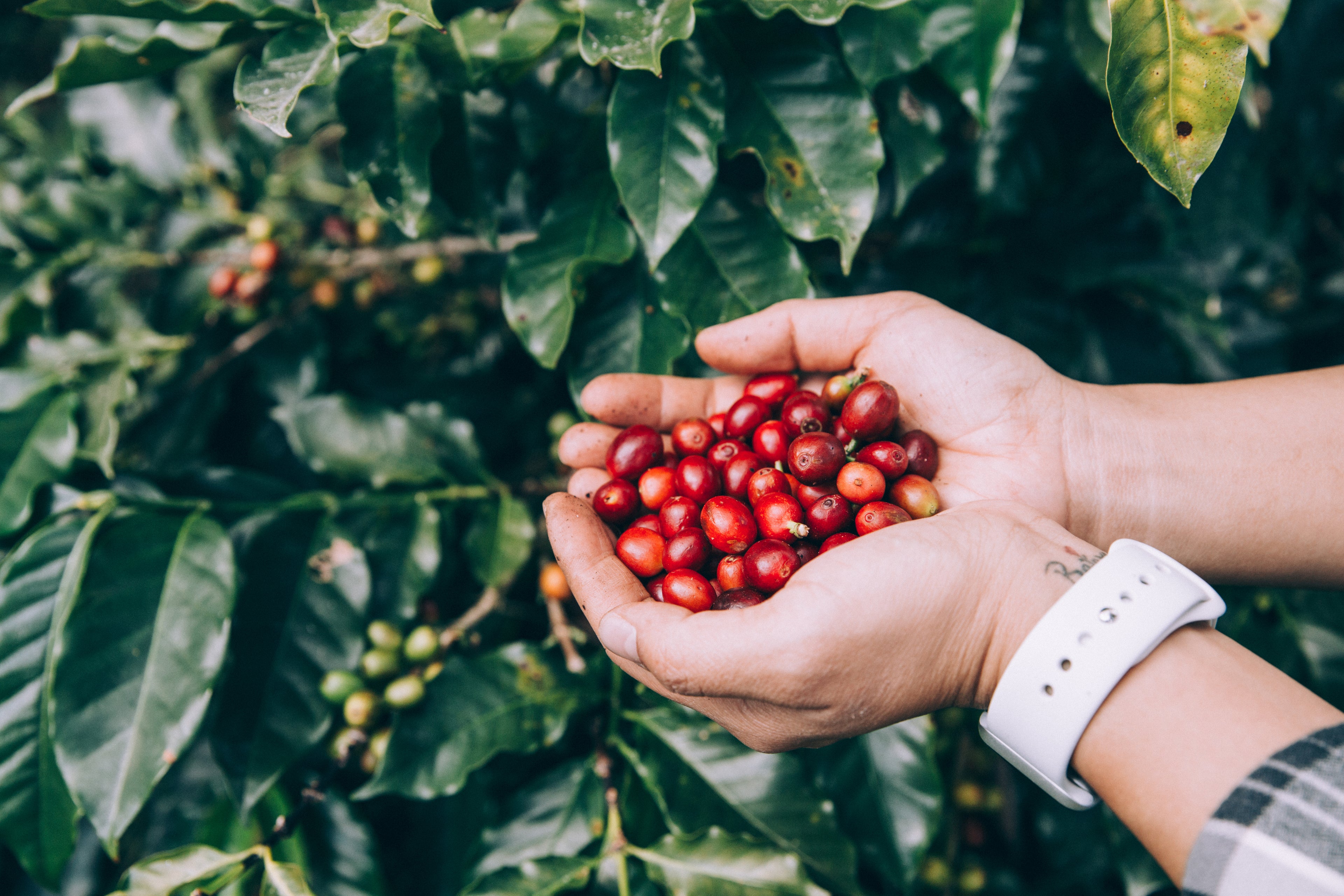
Coffee and Technology: Recent Innovations
In recent years, we've witnessed an exciting convergence between coffee and technology, leading to significant advancements in various aspects of the coffee industry. From production to preparation and consumption, technology has left an indelible mark at every stage of the process. In this article, we'll delve into some of the latest innovations in coffee technology in detail, exploring their current impact and the promising future they herald.
Technology in Coffee Production and Processing
Coffee production and processing have undergone radical transformations thanks to technological advances. On the plantations, precision agriculture, which utilizes drones and remote sensors to monitor plant growth, has enabled farmers to optimize soil moisture levels, fertilizer use, and disease prevention to enhance crop quality and yield. Additionally, in processing facilities, the introduction of state-of-the-art machinery such as optical sorters and size classification systems has streamlined and refined the selection and roasting process, ensuring greater consistency and quality in the final product.
Modern Tools for Coffee Enthusiasts
Coffee enthusiasts now have access to a wide range of tools and technological devices that allow them to enjoy a personalized and high-quality brewing experience in the comfort of their homes. From programmable drip coffee makers to infusion brewing systems controlled by mobile apps, these innovations are democratizing the art of coffee making and enabling consumers to explore a variety of methods and flavor profiles with ease. Furthermore, precision coffee grinders, equipped with grinding sensors and customizable particle size adjustments, are providing coffee enthusiasts with greater control over the grinding process, resulting in more consistent extraction and intense flavors in the final cup.
The Future of Technology in Coffee
As we move towards the future, the potential for technology to transform the coffee industry seems boundless. Innovative research is being conducted in areas such as biotechnology, genetic engineering, and artificial intelligence to develop climate-resilient, tastier, and more sustainable coffee varieties. Moreover, new frontiers in automation and robotics are being explored to optimize coffee harvesting, processing, and distribution processes, aiming to reduce costs, minimize waste, and improve traceability across the supply chain. Additionally, emerging technologies like virtual reality and augmented reality are opening up new possibilities in education and consumer experience, allowing producers and baristas to share knowledge and stories in a more immersive and engaging manner.
Innovations in Sustainability
One of the most prominent trends at the intersection of coffee and technology is a focus on sustainability. From smart irrigation systems to regenerative farming practices, technology is being used to address the environmental and social challenges associated with coffee production. Innovative solutions include the use of renewable energy on plantations, the development of biodegradable plastics from coffee waste, and the promotion of agricultural practices that protect biodiversity and natural resources.
Personalization and Consumer Experience
Technology is empowering consumers to personalize their coffee experience like never before. From mobile apps that enable customized orders and track bean origins to AI systems that recommend flavor profiles based on individual preferences, technology is allowing consumers to discover and enjoy new sensory experiences. Furthermore, advances in 3D printing technology are opening up new possibilities in the design and customization of coffee cups and accessories, enabling consumers to express their unique style and create a deeper connection with the beverage they love.
Collaboration and Community
Technology is also fostering collaboration and community in the coffee industry. Online platforms such as discussion forums, social network groups, and collaboration apps are connecting coffee growers, roasters, baristas, and coffee consumers worldwide, facilitating the exchange of knowledge, experiences, and resources. Additionally, blockchain technology is being used to improve transparency and traceability in the coffee supply chain, providing consumers with detailed information about the origin and production process of their beans.
In summary, the relationship between coffee and technology continues to evolve, offering new opportunities for innovation and excellence in the coffee industry. As we embrace these advancements and explore the possibilities they offer, we can anticipate an exciting and vibrant future for coffee, driven by creativity, collaboration, and a commitment to quality and sustainability.


